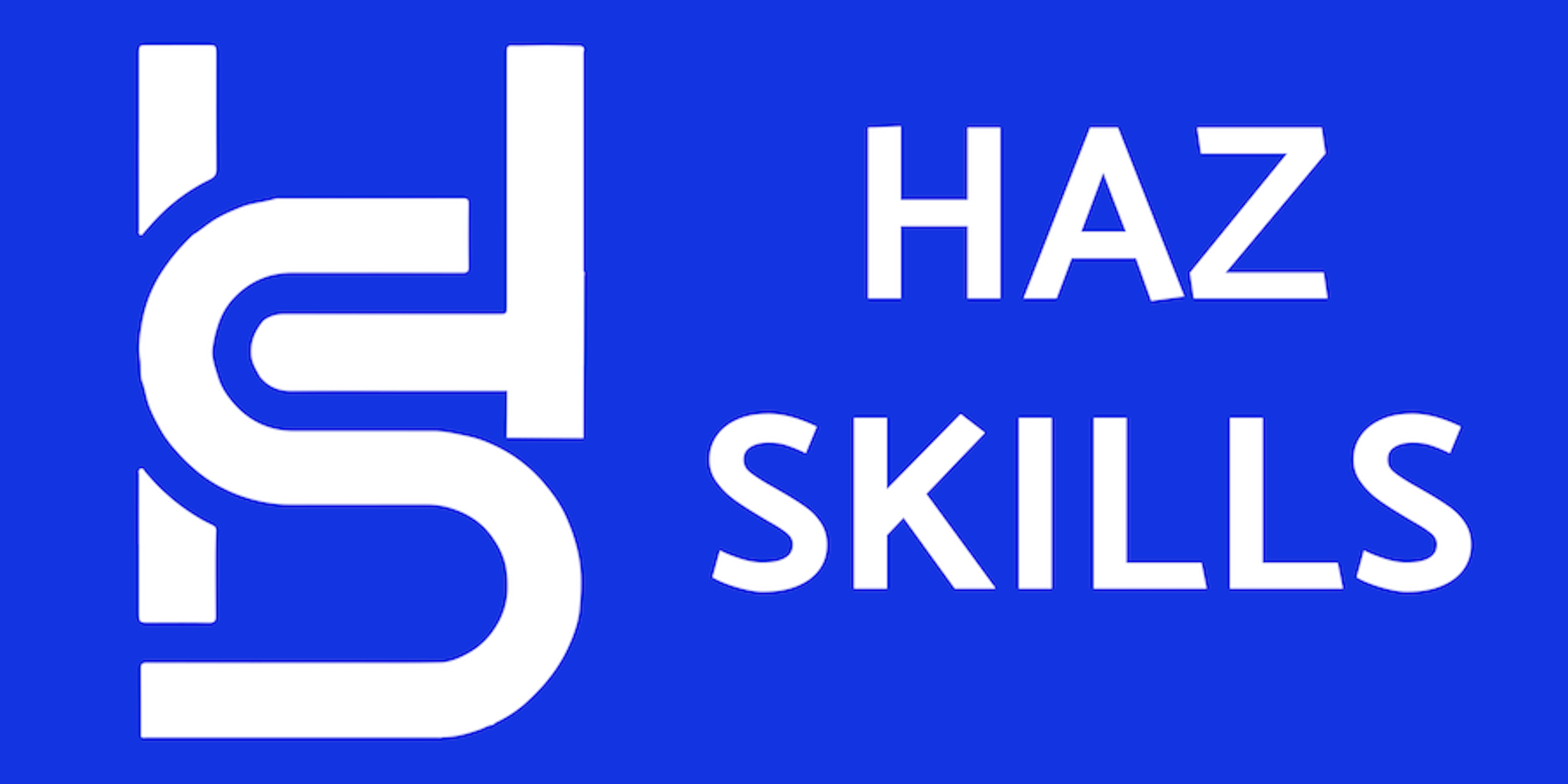As the world of work rapidly evolves, continuous learning has become more crucial than ever. The traditional model of education followed by a lifelong career is no longer sufficient in the face of technological advancements and shifting industry demands. Today, professionals need to be agile, adaptable, and committed to lifelong learning to stay relevant and successful. This blog post explores the importance of continuous learning and offers practical strategies for incorporating it into your career.
Why Continuous Learning Matters
Continuous learning refers to the ongoing, self-motivated pursuit of knowledge and skills throughout one’s professional life. Here’s why it’s essential:
- Adaptability: The pace of change in technology and industry standards requires professionals to constantly update their skills and knowledge.
- Career Advancement: Continuous learning opens up new career opportunities and pathways, enabling you to stay competitive and advance in your field.
- Personal Growth: Learning new things keeps your mind active, boosts confidence, and fosters personal satisfaction.
Key Areas for Continuous Learning
1. Technological Proficiency
Stay Current with Emerging Technologies
Keep abreast of new technologies relevant to your industry. This could include artificial intelligence, blockchain, cybersecurity, and more.
Hands-On Experience
Engage in hands-on projects and practical applications of new technologies to understand their real-world implications and uses.

2. Industry-Specific Knowledge
Subscribe to Industry Publications
Stay informed about the latest trends, research, and best practices by subscribing to industry journals, newsletters, and blogs.
Attend Conferences and Webinars
Participate in industry conferences, webinars, and workshops to learn from experts, network with peers, and gain insights into future developments.
3. Soft Skills Development
Communication Skills
Enhance your ability to communicate effectively, both verbally and in writing. Strong communication skills are essential for leadership, teamwork, and customer interactions.
Critical Thinking and Problem-Solving
Develop your critical thinking and problem-solving abilities to make better decisions and overcome challenges in the workplace.
Emotional Intelligence
Improve your emotional intelligence to better understand and manage your emotions and those of others, fostering a positive work environment and better interpersonal relationships.
Strategies for Incorporating Continuous Learning
Set Learning Goals
Identify Areas for Improvement
Conduct a self-assessment to identify skills and knowledge gaps. Set specific, measurable, achievable, relevant, and time-bound (SMART) learning goals to address these areas.
Create a Learning Plan
Develop a structured learning plan that outlines your goals, the resources you’ll use, and the timeline for achieving them. Review and adjust your plan regularly based on your progress.
Leverage Online Learning Platforms
Enroll in Online Courses
Take advantage of online learning platforms like Coursera, Udemy, LinkedIn Learning, and Khan Academy. These platforms offer a wide range of courses on various topics, allowing you to learn at your own pace.
Participate in MOOCs
Massive Open Online Courses (MOOCs) provide free or low-cost access to courses from top universities and institutions worldwide. Enroll in MOOCs to gain in-depth knowledge on specific subjects.
Engage in Professional Development
Join Professional Associations
Become a member of professional associations related to your field. These organizations often provide valuable resources, networking opportunities, and professional development programs.
Seek Mentorship
Find a mentor who can offer guidance, support, and insights based on their experience. Mentorship can accelerate your learning and help you navigate your career path more effectively.
Apply Learning on the Job
Take on New Responsibilities
Seek opportunities to apply what you’ve learned by taking on new projects or responsibilities at work. This practical application reinforces your learning and demonstrates your capabilities.
Share Knowledge with Colleagues
Share your knowledge and skills with your colleagues through p
